SUMMARY
This is AI generated summarization, which may have errors. For context, always refer to the full article.
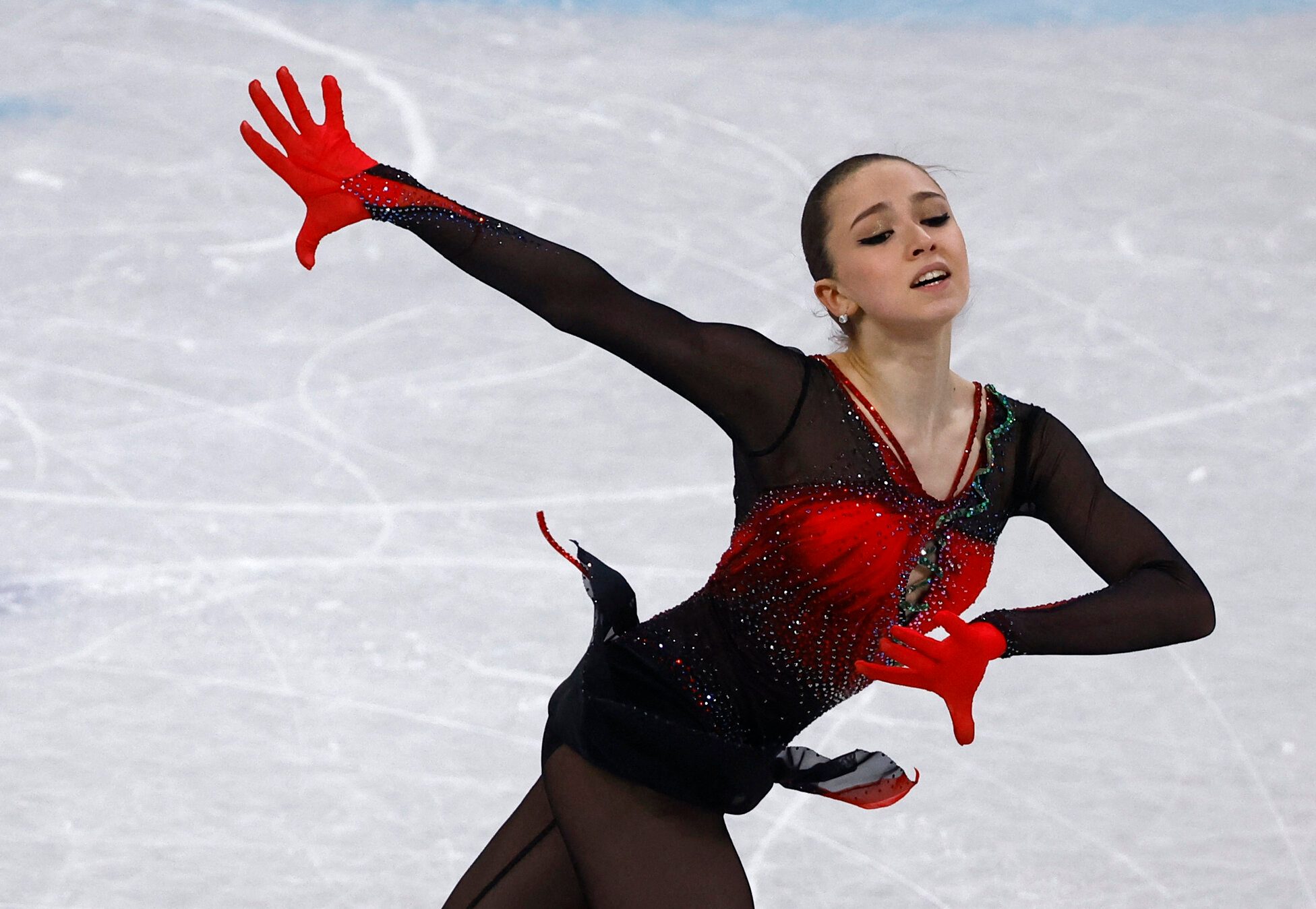
BEIJING, China – Russian figure skating sensation Kamila Valieva showed up for her scheduled practice at the Beijing Olympics on Thursday, February 10, after Russian media reported the 15-year-old had tested positive for a banned substance.
The teenager was part of the Russian Olympic Committee (ROC) ensemble that won the figure skating team event on Monday ahead of the United States and Japan. The ceremony to present her and her teammates with their Olympic medals has been delayed since then for unexplained legal reasons.
Wearing a navy blue hoodie, black tights with shorts over them and her hair tied in a bun, Valieva took to the ice just after 11 am. Her coach Eteri Tutberidze also attended.
Valieva landed a quadruple jump at the practice rink in Beijing, but immediately left the ice after her practice session.
Russian media reported on Wednesday that Valieva had returned a positive test, with newspapers RBC and Kommersant naming the drug as Trimetazidine, which is typically used to treat chest pain.
Repeated attempts to reach the ROC chef de mission by Reuters were unsuccessful. His phone was not answering, and the ROC office in Beijing was locked and unmanned on Thursday. The ROC on Wednesday declined to comment on the reports that Valieva had returned a positive test.
The International Olympics Committee also declined to comment on Thursday.
The teenager delivered one of the highlights of the Beijing Games so far when she landed the first quadruple jumps by a woman in Olympic competition.
Figure skating is a prestige sport for Russia, in which it has an outstanding record at Olympic and world championships. Any move to penalize Valieva or strip the team of their medals would likely cause a national outcry.
Prominent journalist Vasily Konov, deputy general producer at Russian sports channel Match-TV, said without citing sources that the sample in question had been taken two months ago.
“The drug trimetazidine does not help an athlete in any way. At all. It was found in one single sample in December. A minuscule amount. Nothing in her samples before or since,” he wrote on social media.
“There is no doping in the conventional sense. No! This cardiac drug has no impact on… performance. Now leave Kamila in peace.”
Former Russian pairs skater Tatiana Volosozhar, who won two gold medals at the 2014 Sochi Olympics, showed solidarity with Valieva on social media, calling for the use of the Russian hashtag #Iwillneverbelieve to send the teenager support.
Her post was “liked” on Instagram by Valieva herself.
Banned list
Trimetazidine, or TMZ, works by increasing blood flow to the heart and limiting rapid swings in blood pressure. The drug is not approved for use in the United States. It has been on the World Anti-Doping Agency’s (WADA) list of prohibited substances since 2014.
Dr. Sadiya Khan, a cardiologist and assistant professor at Northwestern University Feinberg School of Medicine, said in theory such a drug might be used in a healthy person to enhance blood flow above and beyond normal levels.
“The idea behind it would be potentially if you enhance blood flow, you could improve somebody’s ability to exercise longer or exercise more efficiently by allowing the heart to respond super-normally,” Khan said in a telephone interview.
But using any medication in a way for which it is not intended could have negative side effects, even if those risks are not known. “I think it could be very dangerous,” she said.
The other caveat, she said, is that it is not clear that it offers any performance-enhancing benefit.
“There’s a theoretical benefit,” she said. “There’s no strong evidence that it does make a difference.”
Legal issue
The case is further complicated by the fact that Valieva is only 15.
According to WADA’s world anti-doping code, athletes who commit doping violations should be publicly named, but this is not required if the person concerned is a minor under the age of 18.
In that case, according to rule 14.3.7, any optional public disclosure “shall be proportionate to the facts and circumstances of the case.”
Earlier on Wednesday, the International Olympic Committee said a need for “legal consultation” had forced the postponement of the medal ceremony for the figure skating team event won by the Russians.
“You can bet your bottom dollar we are doing everything that this situation can be resolved as soon as possible. I cannot give you any more details but we will do our utmost,” IOC spokesperson Mark Adams said.
The IOC, International Skating Union and the international agency in charge of drugs testing during the Games have all declined to comment.
The Russian Sports Ministry said it was premature to comment on media reports about the reason for the postponement.
Russia has acknowledged some shortcomings in its implementation of anti-doping rules but denies running a state-sponsored doping program. Its athletes are competing at the Beijing Games without their flag and national anthem, because of sanctions against Russia for previous violations. – Rappler.com
Add a comment
How does this make you feel?
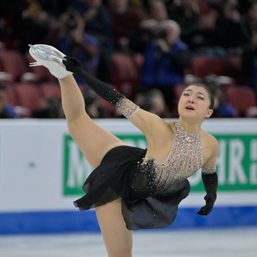
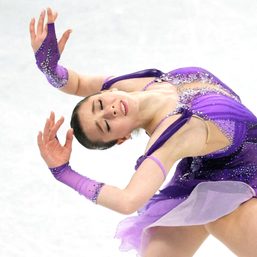
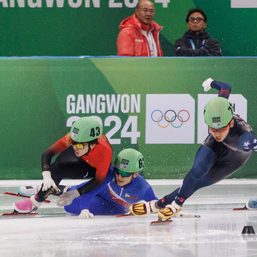
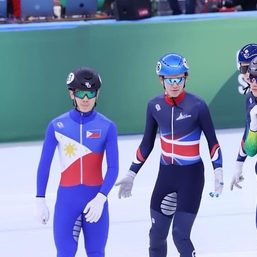
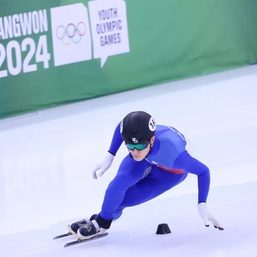
There are no comments yet. Add your comment to start the conversation.